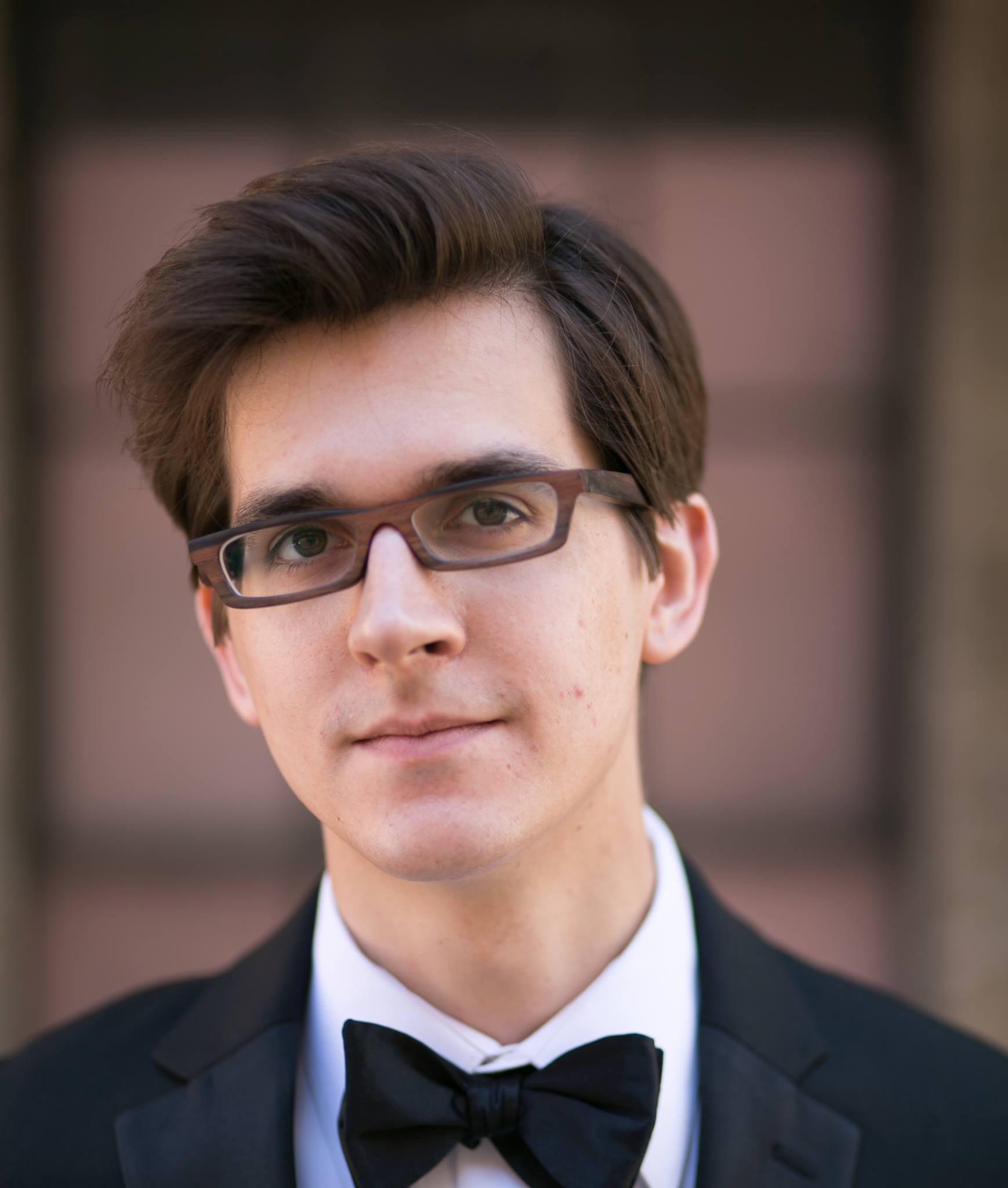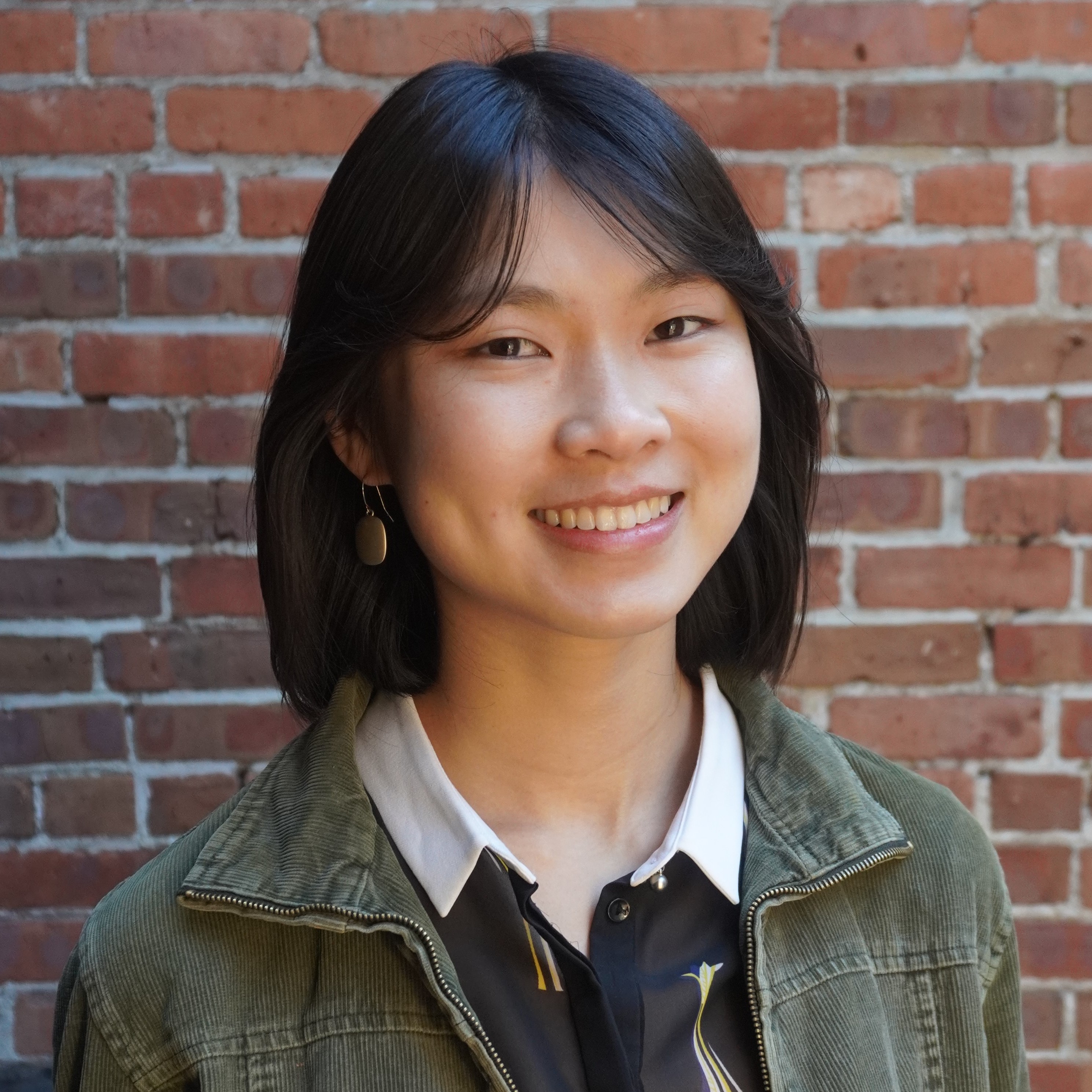We are happy to announce the two winners of this year’s Dissertation Fellowships, Kája Lill and Anna Yu Wang.

Photo by Will van Wingerden
Kája Lill
University of Michigan

Bio
Kája Lill is a Ph.D. candidate in music theory at the University of Michigan, where he is concurrently pursuing an M.A. in Russian, East European, and Eurasian Studies. His dissertation traces the history of Hugo Riemann’s reception among Czech music theorists. He is currently conducting archival research in Prague, Czech Republic, as a Fulbright U.S. Student Program grantee. Kája serves on the editorial board of Živá Hudba. He holds an M.A. in music theory from the University of North Texas and a B.A. in music from Grand Valley State University.
“Harmonic Function: Riemann and his Czech Reception”
Dissertation summary
My dissertation examines how the reception of Hugo Riemann’s theory of harmonic function in the Czech lands can inform our understanding of function both in Riemann’s own work and in current music theory. It provides the first English-language account of the theoretical works of Otakar Šín (1881–1943), Karel Janeček (1903–1974), Karel Risinger (1920–2008), Jaroslav Volek (1923–1989), and Vladimír Tichý (b. 1946). By putting their work in dialogue with Riemann’s Funktionstheorie, I show that the disagreements in how scholars and pedagogues define and use the term harmonic function were already present in Riemann’s work. These tensions arise at the boundaries between Riemann’s various theoretical apparatuses—between his Schritt und Wechsel system, his Kadenzlehre, and his function theory. I argue that current scholarly disagreements concerning harmonic function are in a sense perennial, because these disagreements are latent in the concept of function itself.
Anna Yu Wang
Harvard University

Bio
Anna Yu Wang is a Ph.D. candidate in music theory at Harvard University. Her research concerns what it means—and what it takes—to listen across lines of cultural difference. In her dissertation, she uses ethnographic fieldwork to describe how Sinitic opera musicians in China and Taiwan hear musical syntax. Anna currently serves as co-chair of the SMT Analysis of World Music Interest Group and as Associate Editor of the music pedagogy journal Engaging Students. She teaches at the Massachusetts Institute of Technology and at the Longy School of Music. At the latter institution, she co-created and is piloting a new undergraduate music theory curriculum that promotes cross-cultural music literacy. Prior to her doctoral studies, she earned a B.Mus in piano performance and music theory and analysis at McGill University.
“Intuitions and Musicalities:
Theory, Analysis, and Ethnography Across Two Sinitic Opera Traditions”
Dissertation summary
My dissertation brings together music analysis and ethnography to explore the relationship between a listener’s cultural context and their musical intuitions. Through a collection of case studies on tonality, form, meter, and texture in 黄梅戏 huangmei opera and 歌仔戲 kua-a opera, I show how local perceptions of music structural well-formedness and aesthetic value are most meaningfully described using culturally salient paradigms such as olfactory and gustatory sensory frameworks and cosmological ideals of changeability and unfathomability. These findings challenge the generalizability of ocular-centrism, categorical precision, telos, and symmetry—assumptions that frequently undergird music theoretical projects in Canada and the United States. I thus advocate that “musicality” takes on many guises, indexing equally diverse and enculturated practices of inhabiting and rationalizing the world.
